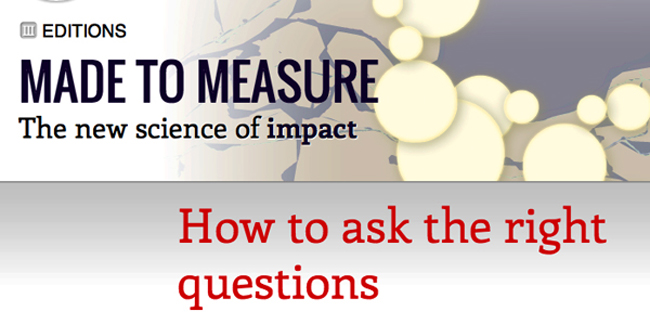DIFFERENT GROUPS OF PEOPLE – How to ask the right questions – THE NEW SCIENCE OF IMPACT
Where you are located directs how and where we operate. It is important for us to be interested in different groups of people. Something that most university members, educators, academic financers are not interested in. They seem only to know their own field. Sometimes we discard evidemce that tells something valuable. This is very common among academics that live in their own private and protected environment. Securely funded by their governments and institutes and those that judge are the olders that know not new or different measurements of results. In most universities we have members over 50 years old that do not follow the fast changing environment of innovation, communication, experimentation and success. This is especially a new condition that has arrived with the global linking that is happening through the internet. But those older are those who control most of the funds that are made available to experimentation and research. Very often today we overgeneralize results, drawing broad conclusions where it is inappropriate or impossible to do so.
How to ask the right questions.
The new science of IMPACT.
Evaluation of success is located in governal or official institutions that are not following what is actually happening in the world at large. A short example is the results of innovative activity that is happening among 15-20 year olds in digital and global activity. How are we going to deal with this? The older activities are loosing what is going on and even highly evaluated innovation istitutes are loosing what is actually going on.
Example: “Let’s start with the first question. Who is the target population for a microcredit intervention? Your answer will depend largely on where you sit: Academics and microfinance institutions will be interested in different groups of people. “
See the texts in the links, I am not reposting good investigation but promoting it.
 February 4, 2013
February 4, 2013
 Posted in: PONDERINGS, SUSTAINABILITY
Posted in: PONDERINGS, SUSTAINABILITY


